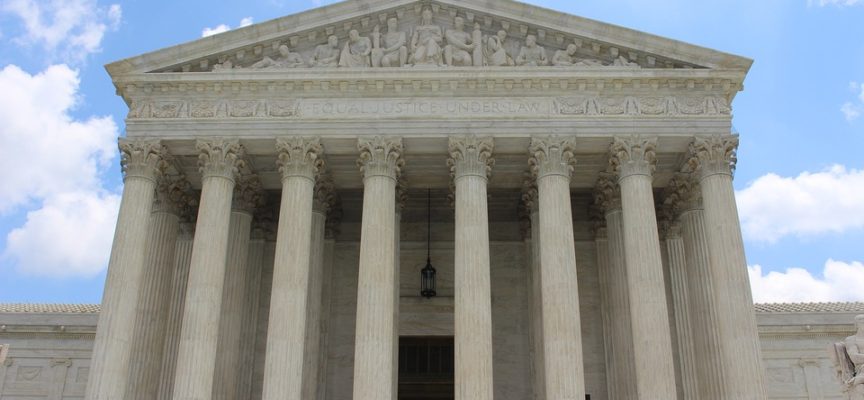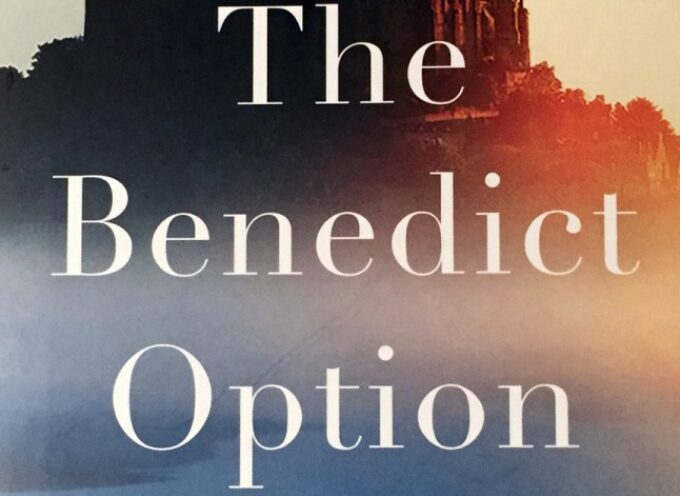On Monday, during the first day of the Senate Judiciary Committee hearing, Judge Gorsuch began with an opening statement in which he stated that the Supreme Court role is “not about politics,” and that he would strive to be an independent judge and a man of integrity. On Tuesday, the Committee’s questions began in earnest; those questions will continue through Thursday.
In the meantime, as the hearing unfolds, here are six reasons why Gorsuch will make a fine Supreme Court justice (and why he might even be better than Scalia, whose place on the bench he would take), should he be confirmed.
1. Over the years, he has gained bipartisan respect.
The American Bar Association gives Judge Gorsuch a “well qualified” rating, and he is vouched for by a broad array of legal experts and politicians, including Neal Katyal (President Obama’s former Solicitor General). Mr. Katyal said of Gorsuch, “This is a first-rate intellect and a fair and decent man.” Katyal, the New York Times noted, was an early supporter of Judge Gorsuch. Katyal’s testimony should not come as a surprise. Over the course of Gorsuch’s career, he has been lauded from both sides of the aisle. In fact, just last month, more than 30 members of the Supreme Court bar endorsed Judge Gorsuch as “fair-minded, dedicated, smart and unfailingly polite.”
2. He has a proven record defending religious liberty.
The First Amendment to the U. S. Constitution declares, “Congress shall make no law respecting an establishment of religion, or prohibiting the free exercise thereof.” We should pay close attention to the fact that the amendment does not confine religious liberty to privately held beliefs but expands it to include religious actions.
The religious liberty clause is deeply significant because it declares that every American has value and dignity. Each citizen is free to hold his or her own convictions about ultimate reality, align his or her life with those convictions, and do so openly and without fear.
Justice Gorsuch has a proven track record defending religious liberty, stronger in fact than Scalia’s, as he demonstrated, for example, in the Hobby Lobby (2013) and Little Sisters of the Poor (2015) cases.
3. He will interpret the law rather than arbitrate morality.
In a 2009 speech entitled, “Mullahs of the West: Judges as Moral Arbiters,” the late Justice Scalia lamented that many Americans have placed their faith in Supreme Court justices to give our nation moral guidance. Yet, the Constitution of the United States specifically guards against giving the justices such mullah-like power; it gives “We the People” the right to decide questions of moral profundity.
Sadly, certain federal judges have taken this right away from us by embracing a “living document” view of the Constitution. This view contends that judges have the right to reinterpret the Constitution in light of “the times.” The effect of this view is that a SCOTUS majority can remove things from the Constitution that they do not like and insert things they do. The “living document” view enabled the Roe v. Wade (1973) and Obergefell v. Hodges (2015) decisions. Judge Gorsuch—like Justice Scalia before him—rejects the “living document” view.
4. He may be willing to reject unconstitutional precedents.
The most interesting question, however, concerns whether Judge Gorsuch would be willing to overturn unconstitutional decisions from the past. Some Constitutionalist judges and most progressive judges are unwilling to do so because of stare decisis, a legal principle which means, in effect, that judges should let legal precedents stand.
As Constitutional lawyer Robert McFarland points out, a number of Democratic congressmen have taken a sudden interest in this legal principle. But for what reason? There is no evidence that these Congressmen have an affection for the legal principle, in and of itself. In fact, they ignored it entirely during Obergefell v. Hodges. Yet, they are suddenly and concentratedly interested because a strict adherence to stare decisis might safeguard poorly reasoned judicial pronouncements such as Roe v. Wade and Obergefell v. Hodges.
Legal analysts speculate that Judge Gorsuch might adhere to stare decisis as a rule of thumb, but not as a strict rule. If they are right, Judge Gorsuch would be willing to reject the precedent of previous SCOTUS decisions if and when those precedents conflict with the original meaning of the Constitution.
5. He is committed to the dignity and equality of all human beings.
As his writings and rulings have demonstrated, Judge Gorsuch believes in the dignity and equality of all human beings. In a thoughtful opinion piece, Sohrab Ahmari drew upon Gorsuch’s 2006 book, The Future of Assisted Suicide and Euthanasia, to demonstrate that commitment. In the book, Gorsuch reflected on where to draw the line in limiting self-determination in a democratic republic such as the United States. He ended up arguing against the legalization of euthanasia and self-assisted suicide, based upon his opinion that what starts as a protection of personal choice inevitably ends up turning into lethal discrimination against the elderly and disabled.
6. His comportment is that of a judge rather than a trial lawyer or politician.
By all accounts, Judge Gorsuch has cultivated a reputation for modesty, humility, and civility. He is known for writing conservative opinions that are firm but collegial, and is known for having hired law clerks who hold opposing ideological views. Akhil Amar, a Yale University law professor who has advised Senate Democrats in previous judicial nominations, said, “He has modesty and humility alongside of smarts…. That’s his reputation, and that’s what I think I see on the page when I read his opinions.”
A Fair-Minded Judge, Not a Moral Philosopher
Americans—especially Evangelicals—stand to benefit from Judge Gorsuch’s confirmation. He will defend religious liberty. He will confine himself to interpreting the law rather than setting himself up as a moral arbiter. And he will probably be willing to overturn unconstitutional precedents in which former jurists set themselves up as moral arbiters. In so doing, he will send a message to the political community that we have no need for moral philosophers at 1 First Street in Washington, D. C.
Subscribe
Never miss a post! Have all new posts delivered straight to your inbox.







